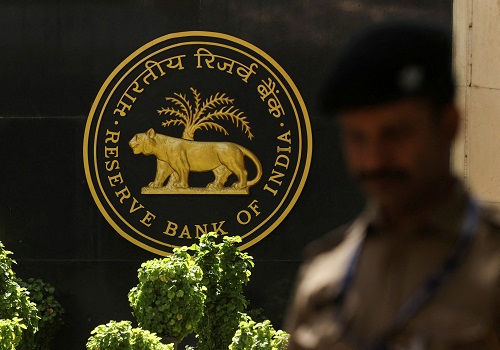India`s revised bank investment norms seen boosting debt appetite, earnings

Follow us Now on Telegram ! Get daily 10 - 12 important updates on Business, Finance and Investment. Join our Telegram Channel
The Indian central bank's move to remove the cap on how much a bank can invest in bonds they intend to hold to maturity will boost lenders' appetite for government securities and benefit their bottom lines, bankers and analysts said on Wednesday.
The Reserve Bank of India (RBI) did away with the ceiling on the held-to-maturity (HTM) category of investments on Tuesday, as part of a broader rejig of classification and valuation norms. The new norms come to effect from April 1, 2024.
Typically, government bonds are the most common form of investment in HTM. Currently, the investment limit on HTM is 19.5% of a bank's net deposits, with some dispensation on bonds purchased between Sept. 1, 2020 and March 31, 2023.
"This incentivises nationalised banks on more investing bias towards 3-7 year government securities and state development loans in the current cycle," said Madhavi Arora, lead economist at Emkay Global Financial Services.
After a spate of rate hikes, the RBI is expected to keep rates on hold at least until the middle of 2024 before it starts lowering them.
At that point, banks with sizeable investments in the HTM category stand to benefit.
As per a Jefferies report, HDFC Bank, ICICI Bank, Axis Bank, IndusInd Bank and State Bank of India each had more than 60% of their total investments classified as HTM in 2022/23.
Demand for mid-to-lower duration papers could go up on account of the new norms, said Ritesh Bhusari, joint general manager for treasury at South Indian Bank.
Treasury officials, however, reckoned banks would need to be judicious in classifying investments.
"Banks will have to be prudent in moving securities in the HTM portfolio as it will not be transferable," said Anshul Chandak, head of treasury at RBL Bank, adding that decisions will have to be based on a bank's overall growth strategy.
The new norms will also drive mark-to-market (MTM) gains for lenders and reduce their earnings volatility, according to the Jefferies note.
While HTM bonds need not be MTM, lenders with investments in the available for sale (AFS) category also benefit since the new norms state they can move all valuation gains or losses in this category to an 'AFS reserve', bypassing their profit and loss (P&L) statement.
Only when these securities are sold, the impact will pass through the P&L statement, said Karan Gupta, director and head of financial institutions ratings at India Ratings.












 320-x-100_uti_gold.jpg" alt="Advertisement">
320-x-100_uti_gold.jpg" alt="Advertisement">











